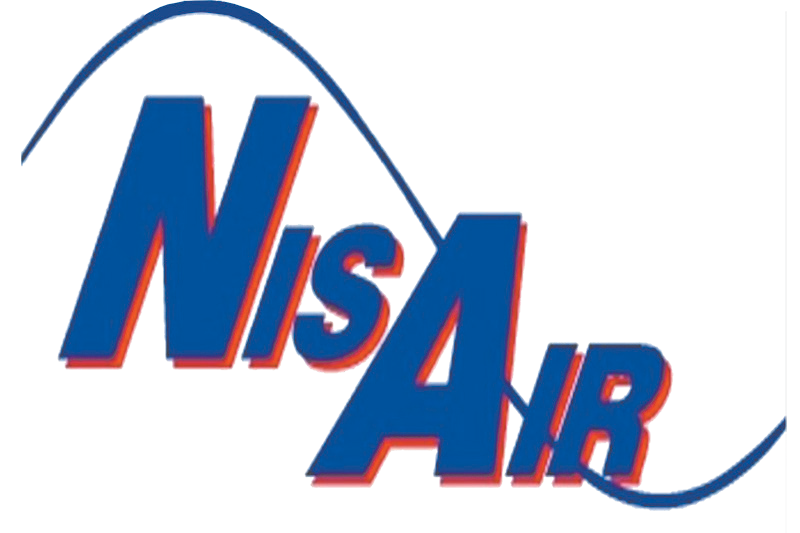HEPA Filtration Is Great, But Is It Appropriate for Your Home’s Needs?
With allergy season in full swing, you’re probably thinking about all of the available indoor air filtration options for your home. Chances are you’ve probably heard about HEPA filtration and how it can reduce the amount of dust, pollen and other unhealthy airborne particles in your home, but is it the right choice for your home’s needs?
How HEPA filters work
HEPA (high efficiency particulate air) filters are a bit different from your ordinary filtration media. Where ordinary filters rely on relatively uniform small pores to trap incoming particles, HEPA filtration media uses widely spaced, yet randomly woven fiber to intercept, impact and diffuse particles less than 0.1 microns in size. In short, fine airborne matter that would normally escape ordinary filters is caught in the fibers of a typical HEPA filter.
Studies from the federal EPA have shown that HEPA filters are the most effective filtration solution for mechanical air cleaners, offering up to 99.999-percent efficiency in removing particles 0.3 microns in size.
Upsides and drawbacks
HEPA filters offer the highest levels of air filtration, making them ideal for use in air purifiers. However, these filters are more expensive than ordinary filters. Air flow is also an issue, since the random fibers in a HEPA filter constrict the flow of air.
HEPA filters are also not as effective in filtering gaseous pollution. As a result, these filters must be paired with a filter media capable of filtering gasses, such as activated carbon. These filters also require professional installation for larger air cleaners.
Is it right for your home?
That depends on your filtration needs. If your home is inundated with solid airborne particles, HEPA filters represent the best choice possible for improving your indoor air quality. Otherwise, you’re better off with a non-HEPA filter with a MERV rating of 7 to 13.
Contact the seasoned professionals at NisAir Air Conditioning & Heating for more information on the benefits of HEPA filtration. We’re proud to provide residents of Martin, Palm Beach and Indian River counties with quality air conditioning and heating services.

